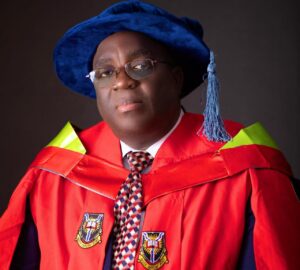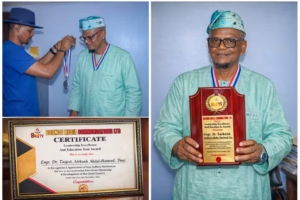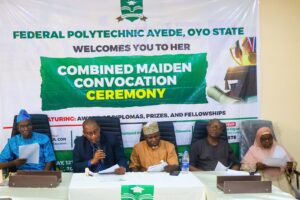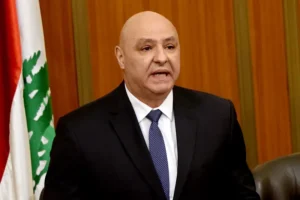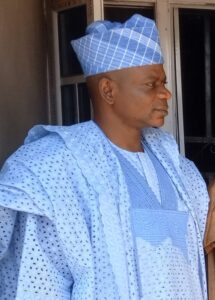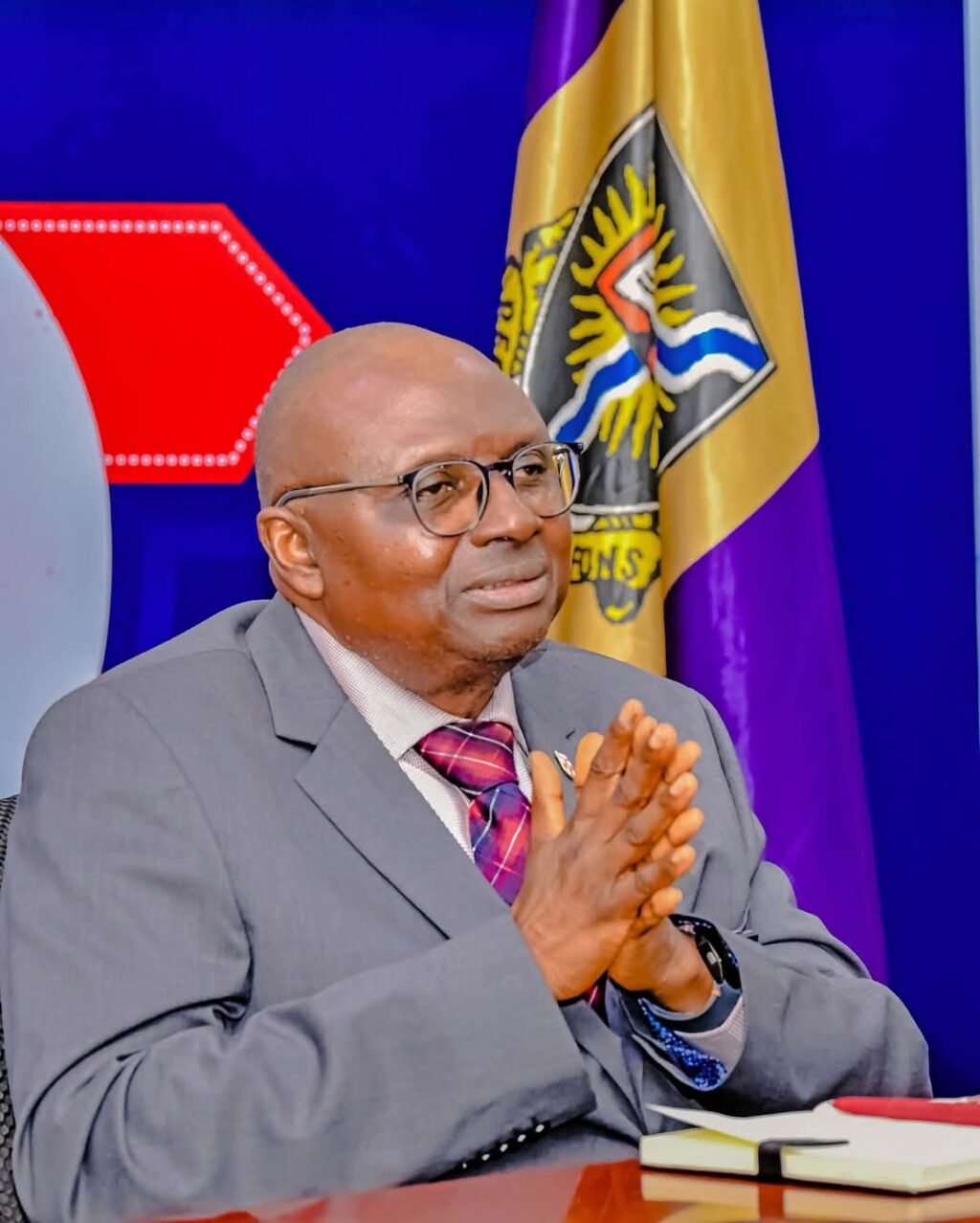
By Sunday Saanu
Unless Federal Government takes urgent steps, Nigerians may face acute food insecurity in the years ahead with the alarming rate of depletion of vital resources such as marine and inland fish stocks due to overfishing, illegal, unreported, and unregulated fishing, wildlife and destructive harvesting practices. More poignantly, forest resources are dwindling from various anthropogenic activities such as deforestation and unsustainable logging, while land and water bodies suffer from degradation; driven by agricultural expansion, urbanisation, and industrial pollution. Coastal habitats, including mangroves and estuaries crucial for fisheries and biodiversity, were said to be facing severe environmental stress as well.
These were part of the serious concerns and observations raised at the University of Ibadan (UI) first conference of Faculty of Renewable Natural Resources, tagged "Renewable Natural Resources Management and Use: A Pathway to Sustainable Development", held between June 16th and 20th at First Bank Building, Faculty of Agriculture, UI. The colourful event which brought together a diverse array of stakeholders, including leading academics, researchers, policymakers, industry leaders, civil society organisations , students, and local community representatives, was organized on account of the critical role of renewable natural resources in sustaining livelihoods, fostering economic growth, and maintaining ecological balance, especially in the face of burgeoning populations, climate change, and environmental degradation. It was indeed a vital platform for interdisciplinary discourse, knowledge exchange, and the formulation of actionable strategies.
Declaring the conference open, UI Vice Chancellor, Prof. Kayode O. Adebowale noted that Nigeria was specially blessed with rich endowment of natural resources, which he observed "forms the bedrock of economies, cultures, and ecosystems, yet these resources face unprecedented pressure such as deforestation, desertification, biodiversity loss, soil degradation, water scarcity and the pervasive impacts of climate changes. Prof. Adebowale however reasoned that the only way to eradicate poverty and overcome hunger was the creative ways with which we exploit these natural resources to our advantage" While urging the participants to suggest better ways of managing these amazing natural gifts, the UI boss argued that Nigeria has no business with poverty if we manage our wealth well.
Earlier, the Dean of the Faculty, Prof. Adejoke Olukemi Akinyele had hinted that the hybrid conference aptly named Renewable 2025 reflected the wavering commitment of the Faculty to advancing knowledge and developing solutions towards a sustainable future. The Dean who paid glowing tribute to all past and present Faculty members for their dedication to academic excellence, insisted that sustainable management and utilization of these resources were critical to ensuring their long-time availability and maintaining ecosystem health. Elegant Prof. Akinyele stated that her Faculty aimed at expanding the frontiers of knowledge in renewable natural resources and providing leadership not only in Africa, but also through global partnerships.
In his keynote address, a UI Professor of Forest Economics and Sustainable Development, Prof. Labode Popoola averred that renewable natural resources were not infinite, stressing that "when managed wisely, they regenerate and continue to provide essential goods and ecosystem services that sustain human life and economic growth. He maintained that renewable resources were at the core of the survival and satisfaction of humans on planet earth, performing environmental service functions, providing socio-cultural services, scenic and landscape services, and socio-economic services.
However, at the end of a week's brainstorming, the conference participants noted that fragmented and often weak governance framework, characterised by insufficient inter-agency coordination, overlapping mandates between federal and state authorities, and inadequate enforcement of existing laws and policies were a major drawback in effective management of natural resources. This fragmentation, according to them, "hinders comprehensive resource management and often facilitates illicit activities across various sectors such as illegal fishing, logging, mining, and poaching. Besides, the communique observed that the absence of robust, continuous scientific data, including the lack of comprehensive spatial tools like Geographic Information System (GIS) maps for resource monitoring and governance, impeded evidence-based policy formulation and adaptive management.
Again, the communique which revealed the profound socio-economic vulnerabilities of local communities, particularly artisanal fishers, forest-dependent communities, and rural farmers, who were disproportionately affected by resource degradation and unsustainable practices, pointed out that their marginalization in decision-making processes often exacerbated these challenges. More importantly, "the undeniable impacts of climate change – including rising temperatures, altered rainfall patterns, sea-level rise, and ocean acidification – were intensifying pressure on all renewable natural resources, threatening food security and increasing the frequency and intensity of extreme weather events", the participants stressed.
To remedy the situations, therefore, they suggested that government should expedite the review and harmonisation of existing laws and policies to eliminate overlaps and ensure clear mandates across federal, state, and local governments for integrated natural resource management. Government must also prioritize the legislative adoption and implementation of a unified National Food Safety and Aquatic Health Regulatory Authority.
The conference was supported by key partners and stakeholders including Amarac Technologies Incorporated, CIFOR-ICRAF, Fan Milk, Fisheries Society of Nigeria, FEMADEC Group, FOJ Multidynamics, International Union of Forest Research Organizations (IUFRO), National Park Service, Nigerian Conservation Foundation (NCF), Processed wood producers and marketers Association of Nigeria, UI Distance Learning Centre, UI Postgraduate College, and United Nations Convention to Combat Desertification (UNCCD), World Fish and 360degrees Habitat Ltd.
Interestingly, problems have been identified. Solutions have been proffered. Will government take action? Only time will tell!
Saanu, Ph.D in Cultural and Media Studies (08034073427) is with University of Ibadan. Email: sundaysaanu@gmail.com
